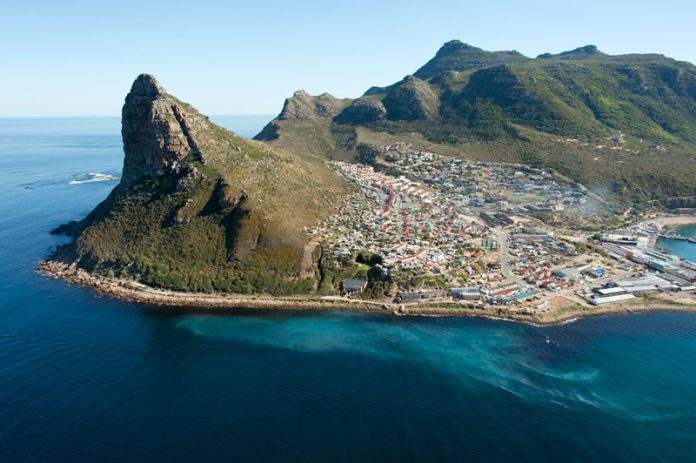In a step towards addressing concerns about marine outfalls, Cape Town Mayor Geordin Hill-Lewis and Mayoral Committee Member for Water and Sanitation, Councillor Zahid Badroodien, recently met with members of the ‘Bays of Sewage’ activist group. The discussions focused on long-term alternatives to marine outfalls, which have raised concerns among ocean users.
The City affirmed its commitment to a phased approach in replacing marine outfalls with wastewater treatment works, aligning with the activists’ vision. Both parties agreed that the global practice of using coastal outfalls is not a sustainable long-term solution. As part of its commitment, the City has already initiated a feasibility study to explore alternatives.
A concept study outlining potential locations for future wastewater treatment plants has been made available, though challenges such as space constraints and financial implications remain significant. For context, Sydney’s project to replace its marine outfalls is estimated to cost AU$32 billion, highlighting the substantial investment required for similar efforts in Cape Town.
Activists Dispute City’s Position
Despite the City’s optimistic outlook, the Bay of Sewage Facebook group – which is separate from their ‘sister group’ Bays of Sewage – has strongly contested the official account of the meeting, calling it inaccurate and misleading.
In a statement released after the meeting, the group criticized the City’s failure to properly report water quality results in line with both South African and international coastal water quality guidelines.
“We complained not about the lack of testing, but rather the City’s failure to properly report the results of the testing. We believe the City is simply not complying with either our SA National or International ‘coastal water quality’ reporting guidelines,” the group stated.
The activists claim that the Mayor and City officials were dismissive of their concerns regarding the importance of five-year water quality reports, which they argue would expose the true extent of pollution along Cape Town’s beaches. They further alleged that a promised 2024 five-year rolling report is missing from the City’s water quality page, despite officials insisting it was available.
The group also raised concerns over the purpose of extensive and costly water monitoring programs if test results are not reported transparently. “We’re certain there’d have to be a LOT more signage if the city did report water quality results correctly,” they argued.
Additionally, the activists noted that the short- and medium-term investments proposed by the City do nothing to address the ongoing discharge of effectively raw sewage into Cape Town’s two National Marine Parks. They also pointed out that there was no mention of the Mayor’s agreement to explore independent auditing of water quality results, despite his reluctance to commit City funds for such an initiative.
“It seems to us, the City is simply kicking the can down the road,” the group concluded.
Key Initiatives and Budget Commitments
In response, the City outlined key actions, including:
- Budget allocations: R300 million dedicated to marine outfall refurbishments over the next three years, with an annual R7 million earmarked for increased water quality testing.
- Improved public awareness: Enhanced beach signage to provide clearer information on water quality.
- Data accessibility: Plans to integrate real-time water quality updates into the City’s municipal app for public access.
Comprehensive Water Quality Monitoring
The City reassured residents of its robust coastal water quality monitoring program. A dedicated team collects weekly samples along Cape Town’s 300-kilometer coastline, with over 100 monitoring points. Camps Bay and Strand Beach are monitored daily, with testing conducted by an independent, accredited laboratory to ensure reliability.
Additional oversight is provided through weekly sampling at Blue Flag beaches by the South African Bureau of Standards, with results verified by the Wildlife and Environment Society of South Africa (WESSA). Furthermore, ten years of marine outfall monitoring data, including reports from independent marine science experts, are publicly accessible.
Short- and Medium-Term Improvement Plans
To enhance the existing marine outfall infrastructure, the City has initiated a phased refurbishment program:
2025 Financial Year:
- Ongoing refurbishment and repairs to screening systems.
- Refurbishment of degritting installation at Hout Bay.
2026 – 2028: (R110 million budgeted for capital works)
- Replacement of aging mechanical and electrical equipment.
- Upgrades to flow measurement and emergency overflow monitoring systems.
- Improved fire protection, ventilation, and odour control systems at key sites.


